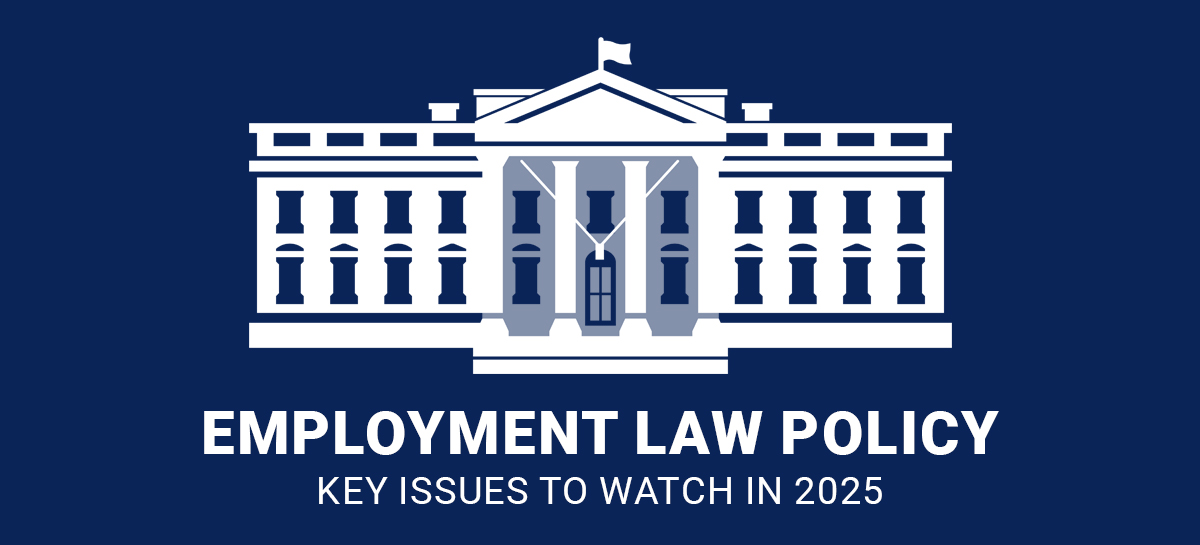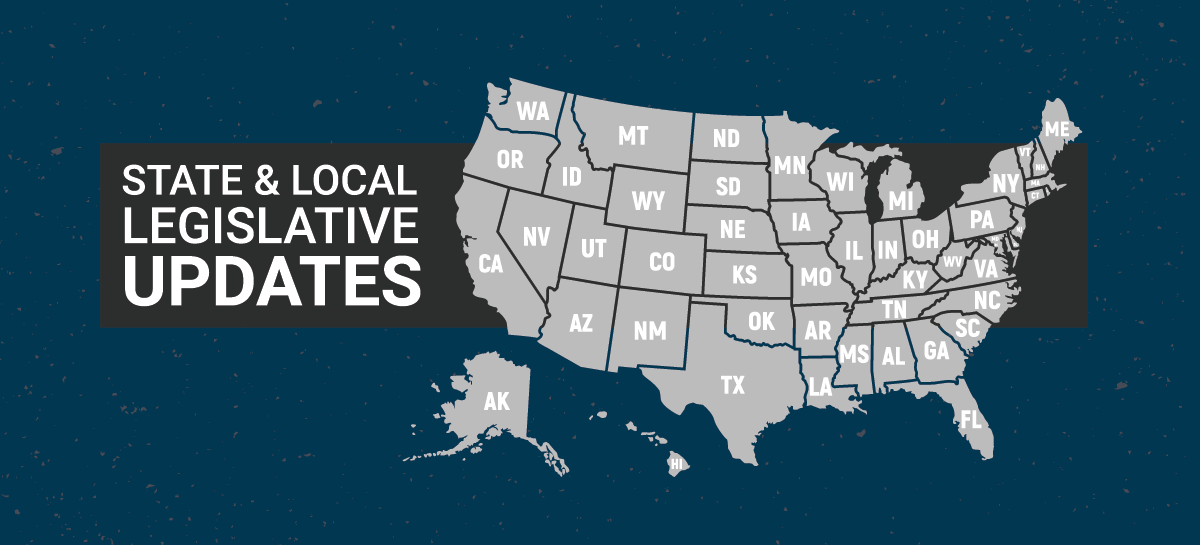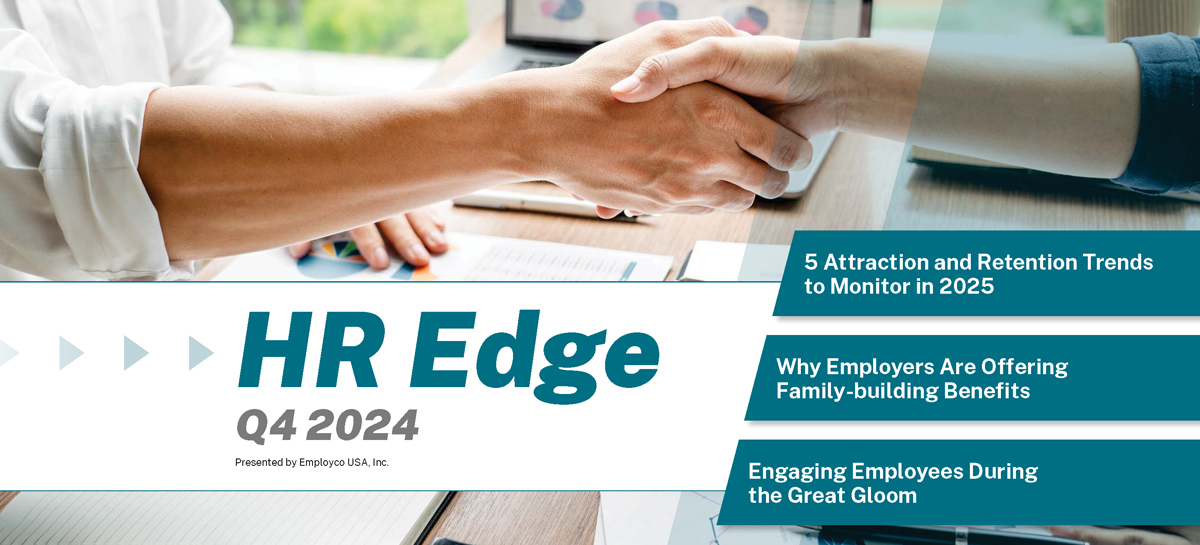
Employee handbooks are important for establishing employee expectations, addressing workplace issues, and defending against potential lawsuits. Failing to update the employment policies in these handbooks regularly can make employers vulnerable to legal risks and liabilities that may result in costly fines, penalties, and attorney fees. Employment laws are often complicated, and employers must know about new regulatory developments that may impact their organizations and workforce. The start of the year provides employers with an excellent opportunity to review and update their policies.
Continue reading






